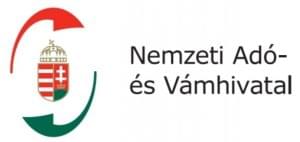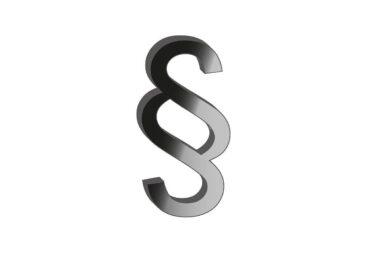NAV cannot pass through the territory of agrarian Hungary without inspection this year either
This year, too, agricultural goods cannot pass through Hungary without inspection, and vehicles transporting grain on road, water and rail traffic are being closely monitored – the National Tax and Customs Administration (NAV) told MTI on Saturday.

In April last year, with the entry into force of the ban on the import of Ukrainian grain, a series of inspections began, which is still ongoing. During this time, the patrols inspected thousands of grain-carrying trucks, railway shipments and cargo ships, NAV announced.
According to the announcement, shipments entering Hungary are registered, sealed and tracked until exit
The financial inspectors keep grain shipments arriving by water under constant control on the entire Hungarian section of the Danube with patrol boats. As it was written, on the highway, public road, site and railway traffic, the patrols of the NAV Deployment Directorate check the restricted products, which are also monitored through a camera system. If they see that the shipment deviates from its original route, they immediately send a patrol after it. They can immediately check compliance with the economic protection measures taken by the government at any point in the country, they wrote. Carriers who violate the decree can expect a fine equal to the tax-free value of the delivered goods, the announcement states.
MTI
Related news
NAV: a large quantity of smuggled cigarettes, tobacco and alcohol was found in a house in Debrecen
🎧 Hallgasd a cikket: Lejátszás Szünet Folytatás Leállítás Nyelv: Auto…
Read more >Related news
Nestlé to sell remaining ice-cream assets but commits to Froneri venture
🎧 Hallgasd a cikket: Lejátszás Szünet Folytatás Leállítás Nyelv: Auto…
Read more >Lidl guarantees fairer prices for cocoa farmers
🎧 Hallgasd a cikket: Lejátszás Szünet Folytatás Leállítás Nyelv: Auto…
Read more >40 secure jobs, sustainable solutions – new BURGER KING® in Csepel
🎧 Hallgasd a cikket: Lejátszás Szünet Folytatás Leállítás Nyelv: Auto…
Read more >







